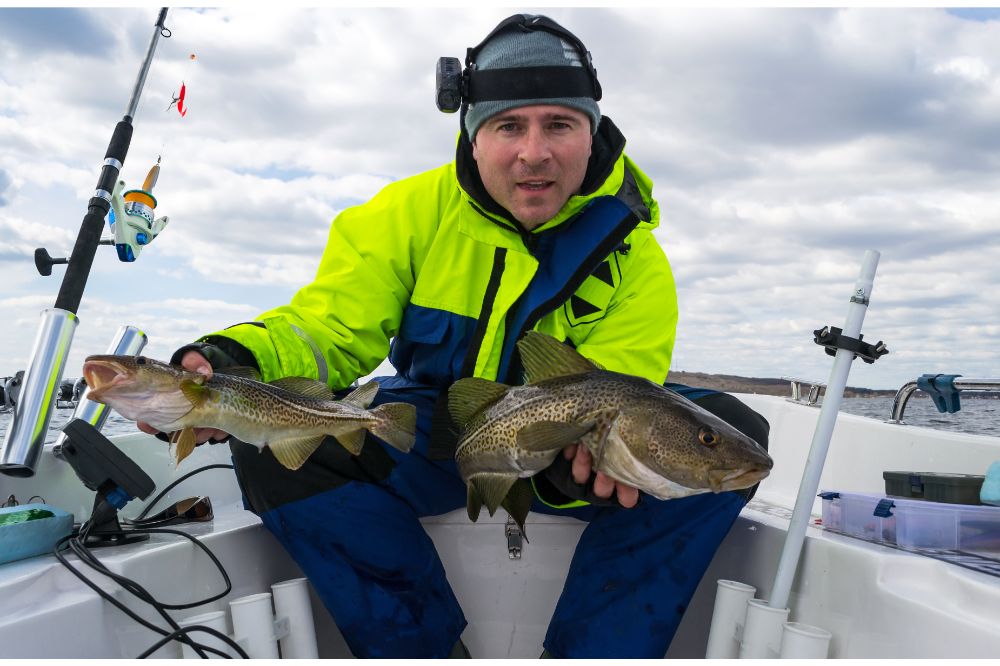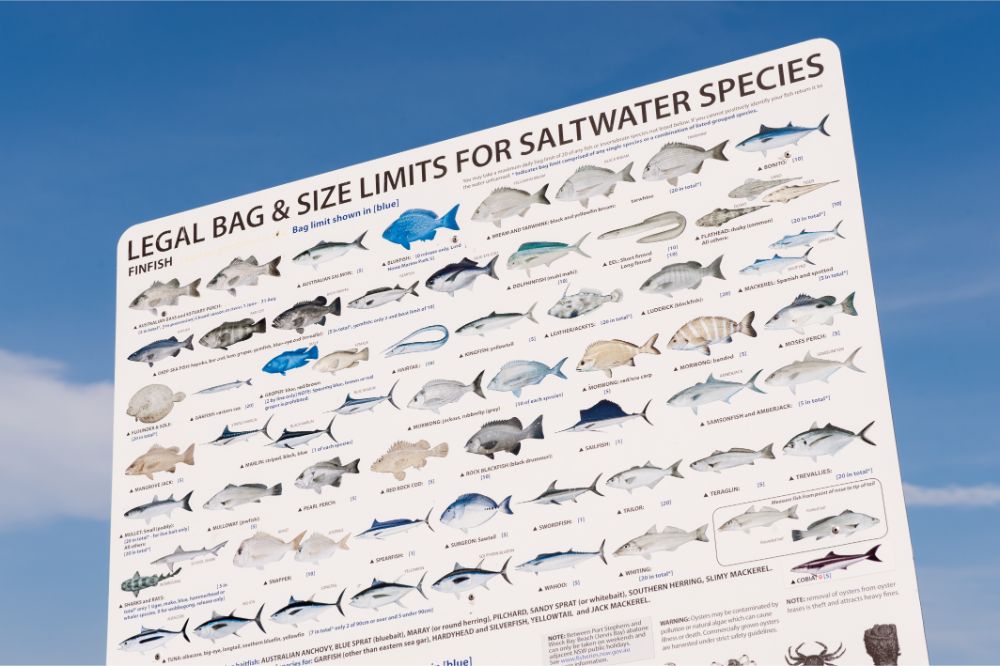
California Fishing License Requirements for Saltwater Fishing
California allows access to a range of fishing options for you to get your licenses for. From short-term to long-term permits, there’s a lot for you to choose from. If you’re wondering about the fishing license requirements for saltwater fishing, look no further. You’ll find all of the details about the license requirements for saltwater fishing here.
Who Needs a Fishing License in California?
Anyone who wants to fish requires a license if they’re above the age of 16 years old. This is the law that you need to follow. Whether you’re a resident or not, you need to acquire a saltwater fishing license to be able to go fishing in California.
There are a few exceptions to the rule. You can go fishing without a license on public piers, and you don’t need to have a license in your hands during Free Fishing Days. Along with this, children under the age of 16 don’t need to have a license to fish. However, they are subjected to have a report card if they’re fishing for a certain type of fish.
Types of Fishing Licenses and Their Requirements
When it comes to fishing licenses, you should know that there is a wide range available to residents and non-residents. Let’s have a look at what each of these fishing licenses are below:
- Annual Licenses: These are valid from the start of the year to the end of the year, i.e., 1st January till 31st December. They’re available for residents and non-residents in California.
- Resident Sport Fishing Licenses: These are available for residents who are 16 years and older.
- Non-Resident Sport Fishing Licenses: These are available for non-residents who are 16 years and older.
- One-Day Licenses: These are only applicable for a day and can be obtained by residents and non-residents alike.
- 2-Day Licenses: These are applicable to use for two consecutive days for residents and non-residents.
- 10-Day Non-Resident Licenses: These are applicable to use for ten days consecutively by non-residents.
Differentiating between residents and non-residents in the state is easy. Anyone who’s lived in the state for 6 months or more is considered a resident of the state. And so, they are treated as one when it comes to evaluating their position for the fishing license.

Different Types of Validations and Report Cards
Here’s a list of validations and report cards you’ll need when you’re fishing for specific species. Getting a hold of these report cards isn’t only essential for license holders but also for anyone under the age of 16 who’s planning on fishing these species.
- Ocean Enhancement
- Second Rod
- Colorado River
- Abalone Report Card
- Sturgeon Fishing Report Card
- North Coast Salmon Report Card
- Steelhead Report Card
- Spiny Lobster Report Card
These report cards are additional documents that you need to make sure that you have on hand if you’re planning on fishing for the species mentioned. These come with an additional cost that ranges from $7.30 to $10.54, depending on the species you’re fishing.
The Cost of Getting a Fishing License
Another requirement to fulfill before getting the fishing license for yourself is to pay the fee for it. Every type of license comes with its own fees. Let’s have a look at what you’ll have to pay for each type of saltwater fishing license.
- Annual Licenses: Annual license costs are different for resident and non-resident individuals. For residents, it’ll cost about $52.99, whereas it’ll cost $142.05 for non-residents who wish to obtain an annual license.
- One-Day Licenses: One-day licenses cost the same for residents and non-residents at about $17.02.
- Two-Day Licenses: Two-day licenses are also available to residents and non-residents at the same price of $26.49.
- 10-Day Licenses: 10-day licenses are only available to non-residents at a whopping cost of $142.05.
- Lifetime Licenses: Lifetime licenses are of different types. They start from $579.25 and can go up to $946.75, depending on the age of the angler.
Where Can You Buy a Fishing License from?
All kinds of fishing licenses can be obtained from the CDFW website. You don’t have to make any personal visits as everything can be taken care of online. Not only do they help you get an original license, but they’re also available to help you get a duplicate in case you lose your license.
It’s advised to protect your license as getting a duplicate comes with a price. Not only this, you need to make sure that it’s readable for the authorities to verify that you’re permitted to fish in saltwater.
It’s crucial to have all the documentation in place before you go fishing to avoid any penalties or fines. If you’re caught fishing without a license in situations other than those mentioned under exemptions, you’re going to have to deal with fines and penalties that can easily go over $1,000. So, it’s best to be prepared and follow the regulations set by the state.
